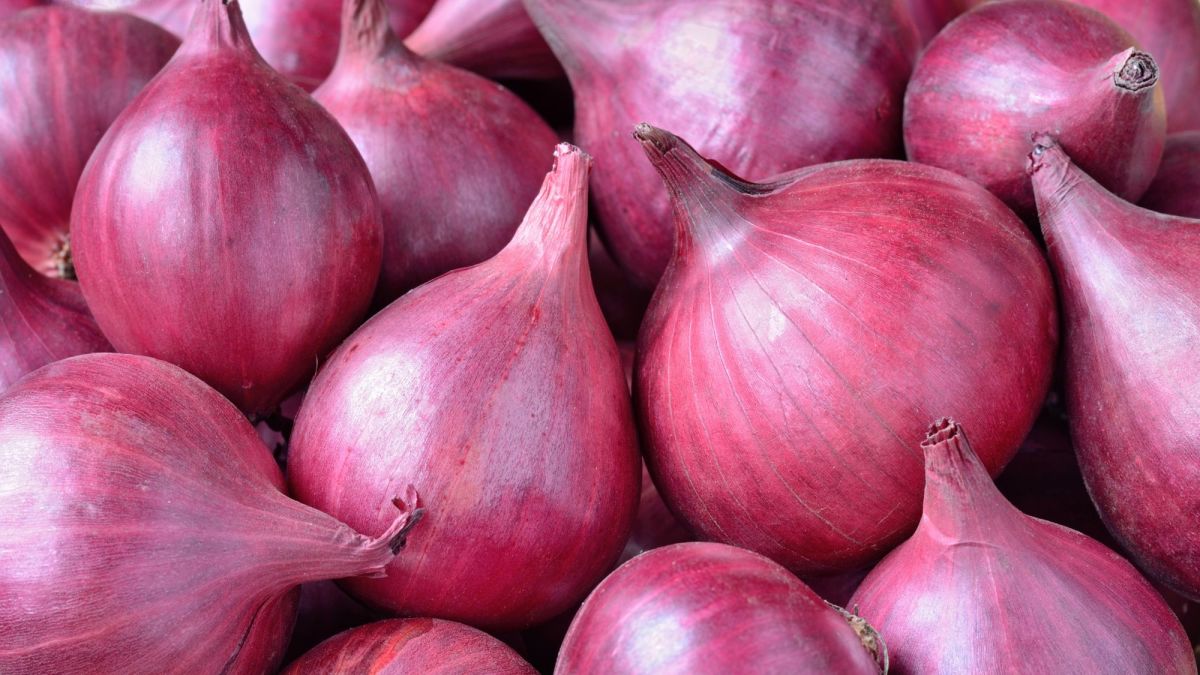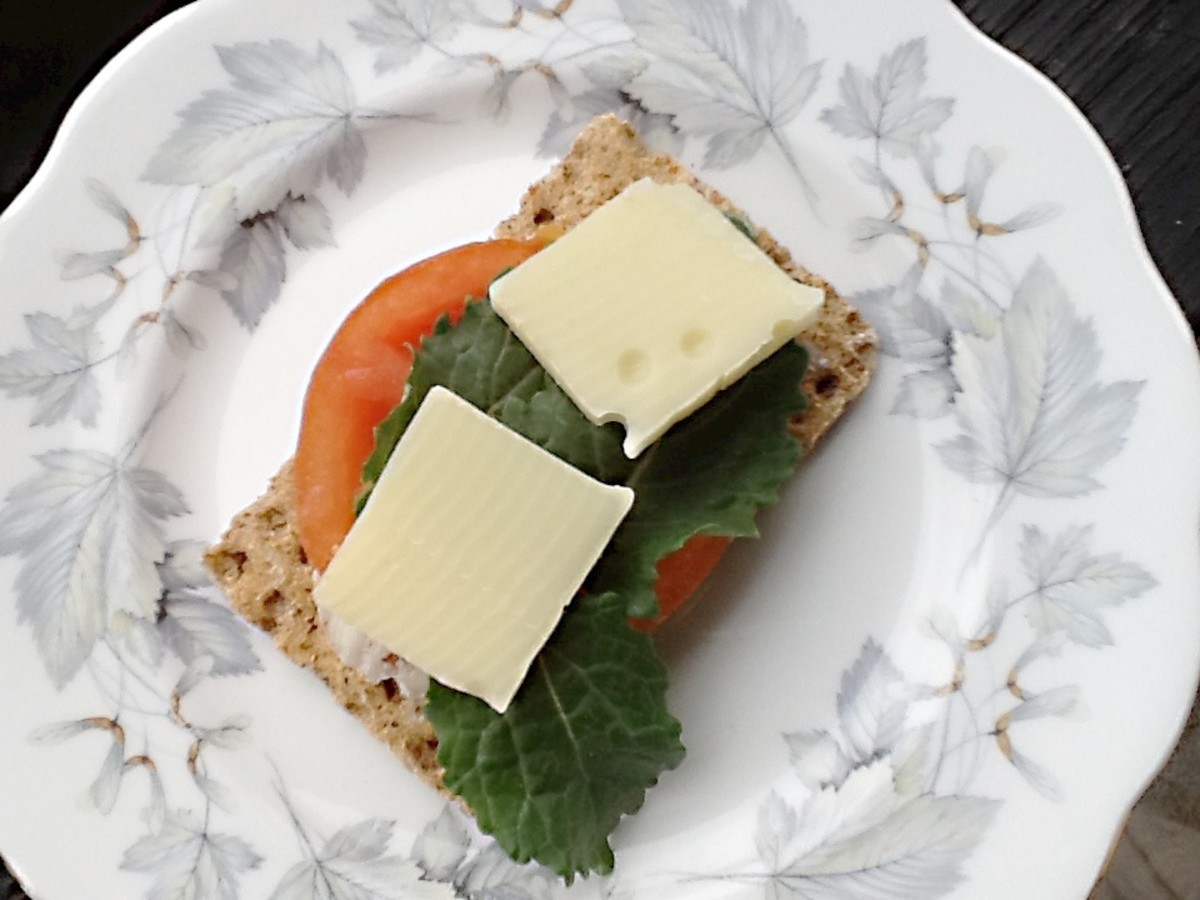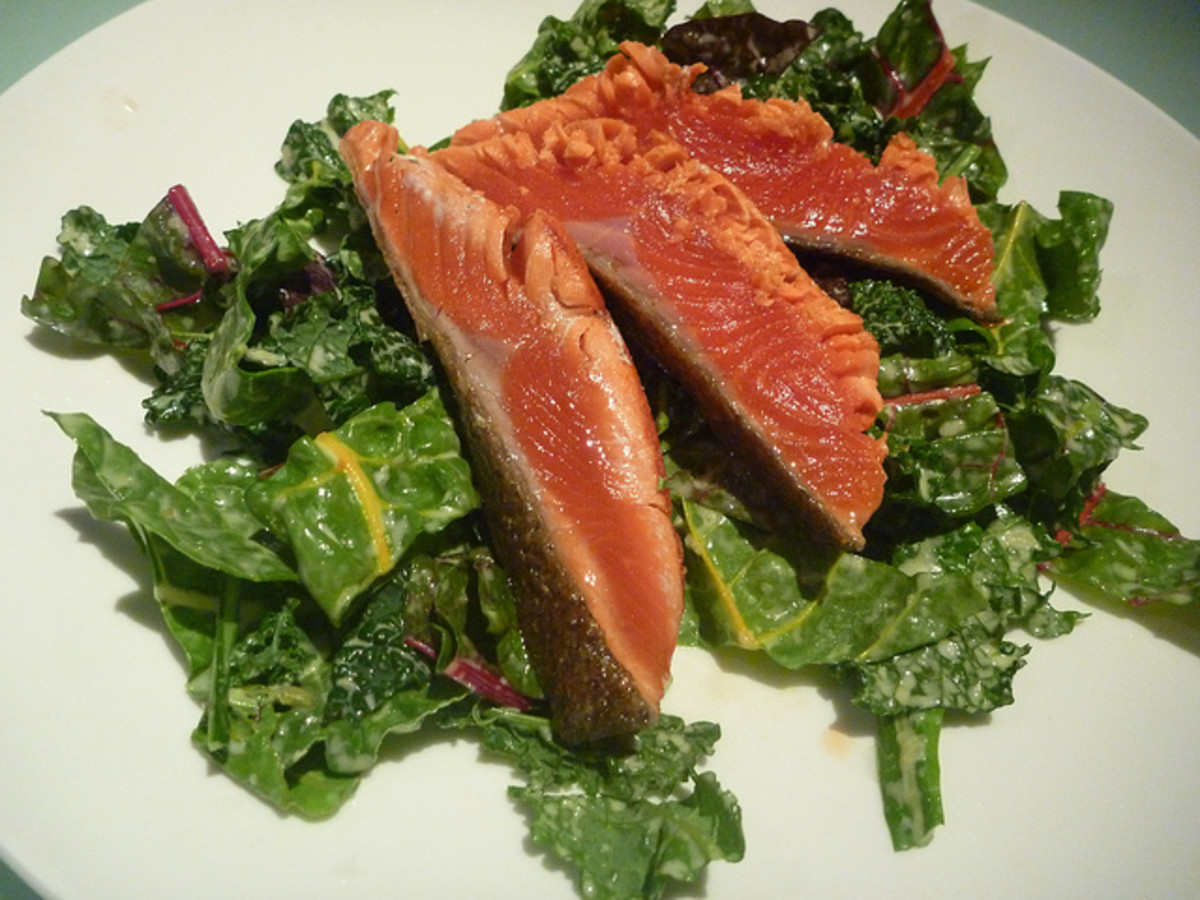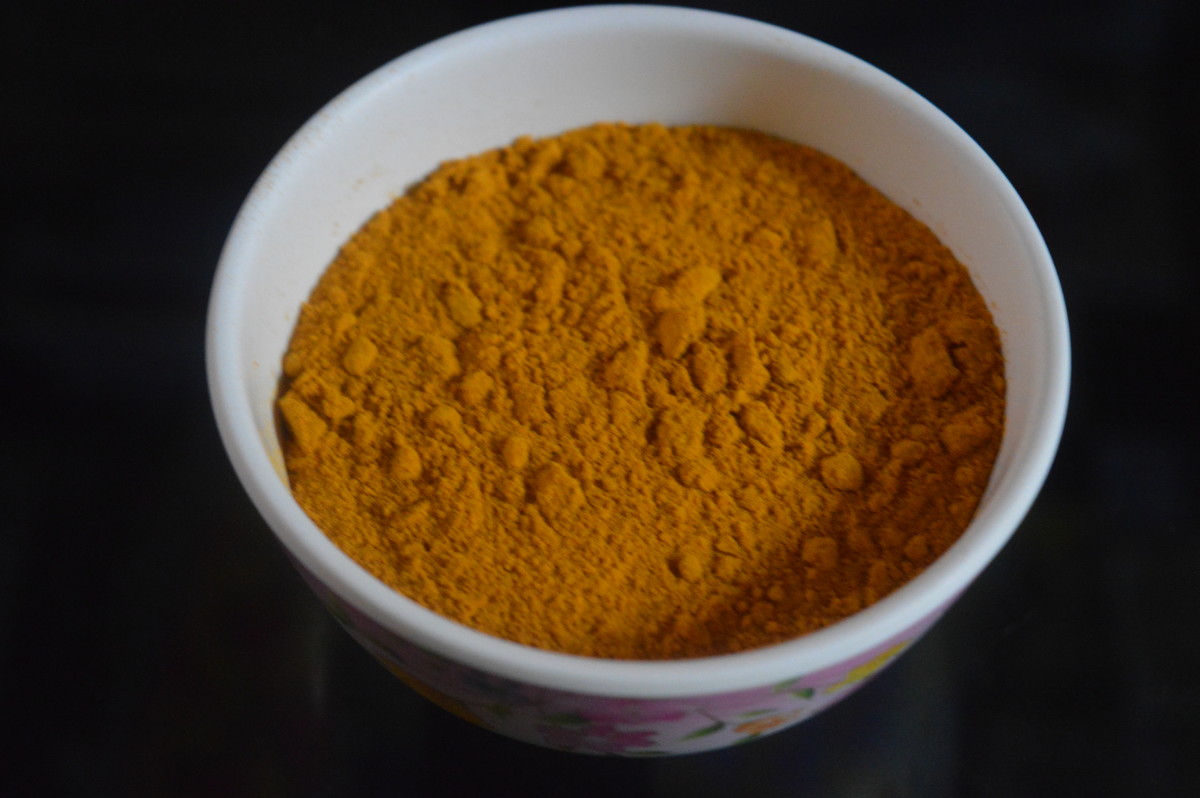What are the Most Nutritious Superfoods?
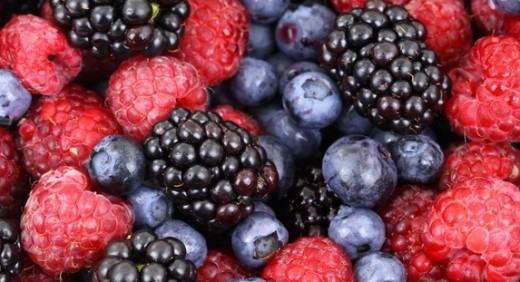
Top Nutritional Superfoods List
I've always had a keen interest in foods that do such extraordinary things for our well-being. There are many incredible "superfoods" out there, but when you live on a tight budget, your options are usually financially limited. Here are six of my favorite superfoods that are very nutritious and very affordable on any budget.
#1 The Incredible, Edible Egg Superfood
Eggs, by far are one of my most favorite nutritional superfoods. Eggs are great as an inexpensive superfood that comes in at only 10-14 cents an egg. Packed conveniently in dozens, you can't go wrong with eggs. They have been touted by recent studies as one of the "most nutritious foods" in the world. An egg is essentially a single cell that is packed with the nutrients to become an entire chicken. Every egg contains:
- Protein
- Folate
- Vitamin A, E, K
- Vitamin B2, B5, B6 and B12
- Phosphorus
- Selenium
- Calcium and Zinc
- Zeaxanthin, Choline and Lutein
Health benefits of eating an egg a day include An increase in good cholesterol(HDL) which lowers risk of a wide array of health conditions, notably heart disease, stroke. Better vision down the full-length cinema that is life. Packed with 5-6 grams of high-quality protein, which is essential for lowering blood pressure, increasing healthy muscle mass, and even helps in losing and maintaining weight.
There has been much speculation and misconception when it comes to eating eggs. The debate has always come down to cholesterol, and yes, eggs do come with a relatively high amount of cholesterol, but it's been proven not to adversely affect the amount that is actually in the blood amongst the majority of people.
Our livers produce cholesterol, but the body knows when to produce less of it when we intake it through our diets, so it maintains an equilibrium and balances itself. Roughly in 75% of people who consume eggs, the cholesterol level in the blood has no change and stays at its normal levels. I personally eat 1-2 eggs a day for a vast majority of my life, and my health has always been on the uptick.

#2 Kale Superfood Benefits
Kale is known as the "Queen Of Greens". Along with being a nutritional powerhouse, I've always thought it was quite scrumptious for 60. cents a cup. A leafy green that has recently been declared one of the healthiest vegetables on the planet. Kale is apart of the Brassica family that includes calciferous vegetables such as collards, cabbage, and Brussels sprouts. One cup of low-calorie Kale is loaded with the following vitamins and minerals:
- 10% of daily Calcium
- Vitamin A, C, and an incredible 680% of vitamin K
- Iron, copper, phosphorus, potassium, and manganese.
- Rich in lutein and zeaxanthin compounds.
- Nearly 3 grams of protein
Health protection and benefits from consuming Kale include lowering cholesterol, improves bone health, aid in regulation and normalization of blood clotting, improves eye health, cancer protection and when cooked will lower risk of heart disease. To find the best tasting and fresh Kale, look for deep colored Kale, dark green to purple Kale.
Not to mention Kale is packed with antioxidants and is also an excellent anti-inflammatory vegetable. Emerging research also suggests that Kale detoxifies at a genetic level. Kale does have an issue with affecting the body's ability to absorb calcium, so eat Kale a few times a week to reap most of its benefits. A well-sealed container stored in the refrigerator will be fresh for up to 6 days.
The American Heart Association recommends eating 2-3 servings of fish rich in omega 3s, such as salmon, and it's more affordable cousin, Tuna.
— Michael Kismet#3 Superfood Tuna
No matter what kind of budget you're living on, Tuna at 50 to 60 cents for a 3 oz serving is a great source of healthy, lean protein. Substituting Tuna twice a week for beef or pork is a great way to get all the health benefits out of eating fish. Eating more isn't too hard, considering it's one the most delicious and most versatile fishes to consume. I've been eating tuna since I was a kid and it's always been a crowd favorite for my family. Here's what you get in nutritional terms of eating more Tuna:
- Rich in omega-3 fatty acids
- 22 grams of lean protein
- B1, B2, B3, B6, and B12 vitamins
- Vitamin D
- Iodine, magnesium, potassium, chodine, phosphorus and selenium
The American Heart Association recommends eating 2-3 servings of fish rich in omega 3s, such as salmon, and it's more affordable cousin, Tuna. Some large tuna may accumulate high levels of mercury in its body. Pregnant women, young children, and individuals with allergies or sensitivity to mercury should limit their intake to 8-10 ounces of Tuna per week, to be on the safe side. To be even safer, opt for chunk light tuna, instead of albacore, it will be lower in mercury.
Green Tea Weight Loss Study
#4 Herbal Teas
Easily fitted into ANY budget, tea bags at 8-12 cents per pack are the no-brainer of affordable ways to ingest healthier. I have a partial Asian background, and members of my family drink teas religiously. The most elderly members of my family and extended family do collectively one thing to attribute to their longevity, and it's freshly brewed green tea, twice a day.
Green, Black, White and Oolong Tea all derived from the Camellia sinensis plant. They are loaded with antioxidants called flavonoids, which fend off free radicals that contribute to clogged arteries, heart disease, and many types of cancer. Additionally, tea also reduces chances of developing neurological conditions, also regulates blood pressure, boosts your immune system and burns fat.
All these versions of tea also contain theanine and caffeine, which affect the brain and seem to improve mental alertness. There a wide variety of flavors and strengths, experiment a little and find the perfect tea towards your road to a more healthful "you". Recent studies show that people who drink 10-12 ounces of tea a day are half as likely to have a heart attack. "Half as likely" is huge! For the sake of your health, drink tea.
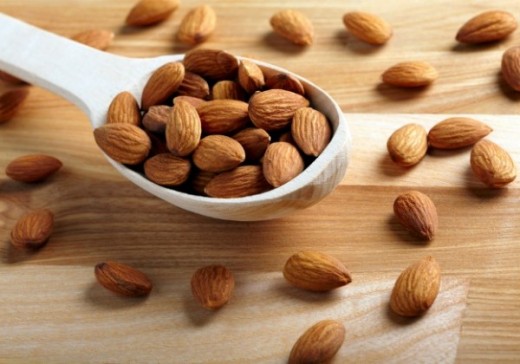
#5 Unsalted Whole Almonds Superfood
One serving of 1-ounce almonds cost 70 cents to a dollar and is one of the most nutritious snacks you can munch on. The great thing about almonds is that they're available year round, but they are at the peak of freshness mid-Summer. If you're not really a handful of almonds kind of person, almonds make a great addition to main course dishes. A cup of almonds come with:
- 20 grams of protein
- B2 and B6 vitamins
- Vitamin E
- Calcium, iron, manganese, copper, folate, phosphorus, and potassium
- An excellent source of fiber
- Potent antioxidant flavonoids
The Agricultural and Food Chemistry concluded in a study that a small serving of almonds had as many flavonoids as a cup of green tea. Almonds help build strong teeth and bones from the phosphorus, provides healthy fats, aids in weight loss, improve brain functions, helps maintain the nervous system, protects the heart, and reduces the risk of Alzheimer's disease. Feel free to go nuts!
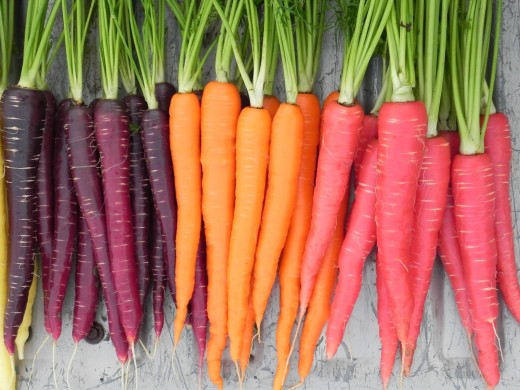
#6 Superfood Carrot can Improve Eye Health
It may not be everyone's favorite, but I believe carrots have been very under-rated as a superfood. Carrots are available throughout the year, however, the freshest carrots are harvested during mid-summer to fall. Carrots are known for their brilliant orange hue, but carrots actually come in all range of colors, from white, yellow, purple, and even red. Also, carrots are packed with amazingly dense nutrients:
- Vitamins A, C, E, and K
- B1, B2, and B3 vitamins
- Biotin, folate, copper, phosphorus, manganese, potassium, and molybdenum
- Great source of fiber
If you're not too fond of eating carrots, try incorporating them into other foods. I always enjoy steamed carrots added to other flavorful dishes. Adding these inexpensive superfoods to your diet will ensure you live a longer and healthier life. In my humble opinion carrots have incredible health benefits, here is the lengthy list of what carrots can do for you:
Cuts the risk of cancer by 30%, improves vision, encourages healthy, beautiful glowing skin, aids in removing harmful body toxins, prevents heart disease, prevents strokes, and helps keep teeth and gums healthy. Thanks for reading, please feel free to share this article with a friend and/or your social network.
Which superfood would you prefer eating everyday, almonds or carrots?
© 2014 Michael Kismet


